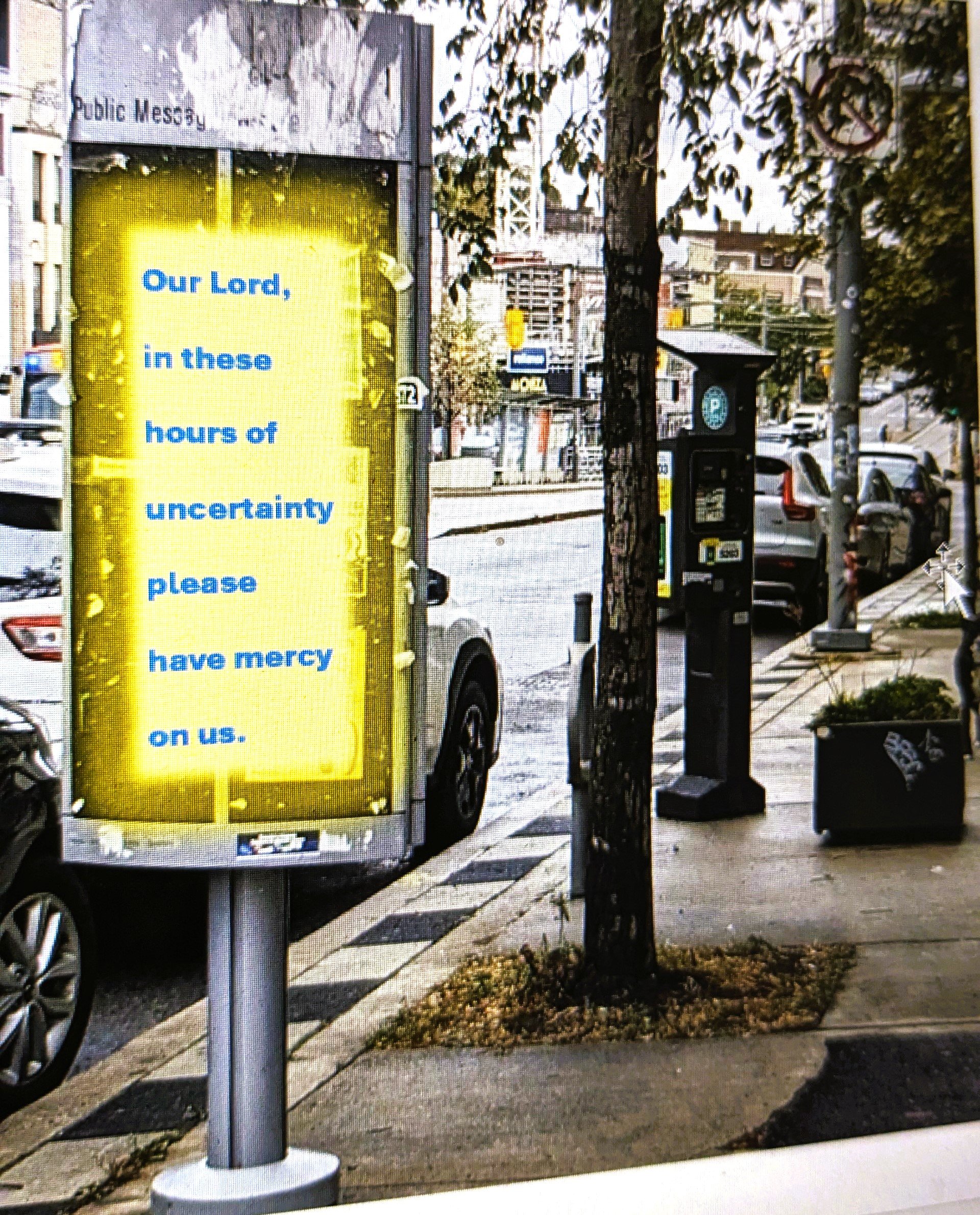
Sal Godoij
Soulpunctures
According to Sal Godoij, a "soulpuncture" is every literary work that aims to stimulate the soul's energy.
Therefore, all poems, stories, comments, and ideas on this page are "soulpunctures."
It is the objective of this site (and of all Sal Godoij's writing for this matter) that every word said, sung, heard, written, or read punctures the soul and thus stimulates the soul's healing capability.
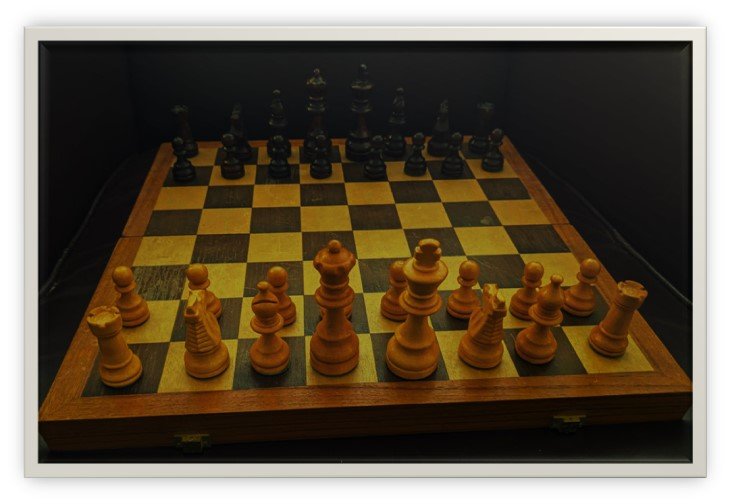
Marketing my Books
I'm a writer, which doesn't mean I'm a book marketer. I want people to read my books, yet, like every indie author, I have no backup or help to promote my books. I just published a LinkedIn post about selling my books on the sideway of a busy street.

On Passion
What is passion?
Passion pushes me to write, which is what I'm doing now.
Passion is an innate force.
You cannot create it.
Passion is neither luxury nor necessity. It's within you, like your heart, brain, and lungs. It's like God within you, or a demon, at times.

Tears in the Rain
Living from wish to wish, I’ve lived my life
Leaving me broken-hearted
Think of it, you, my elusive lover, you
Think of me living broken-hearted
Crying in the rain
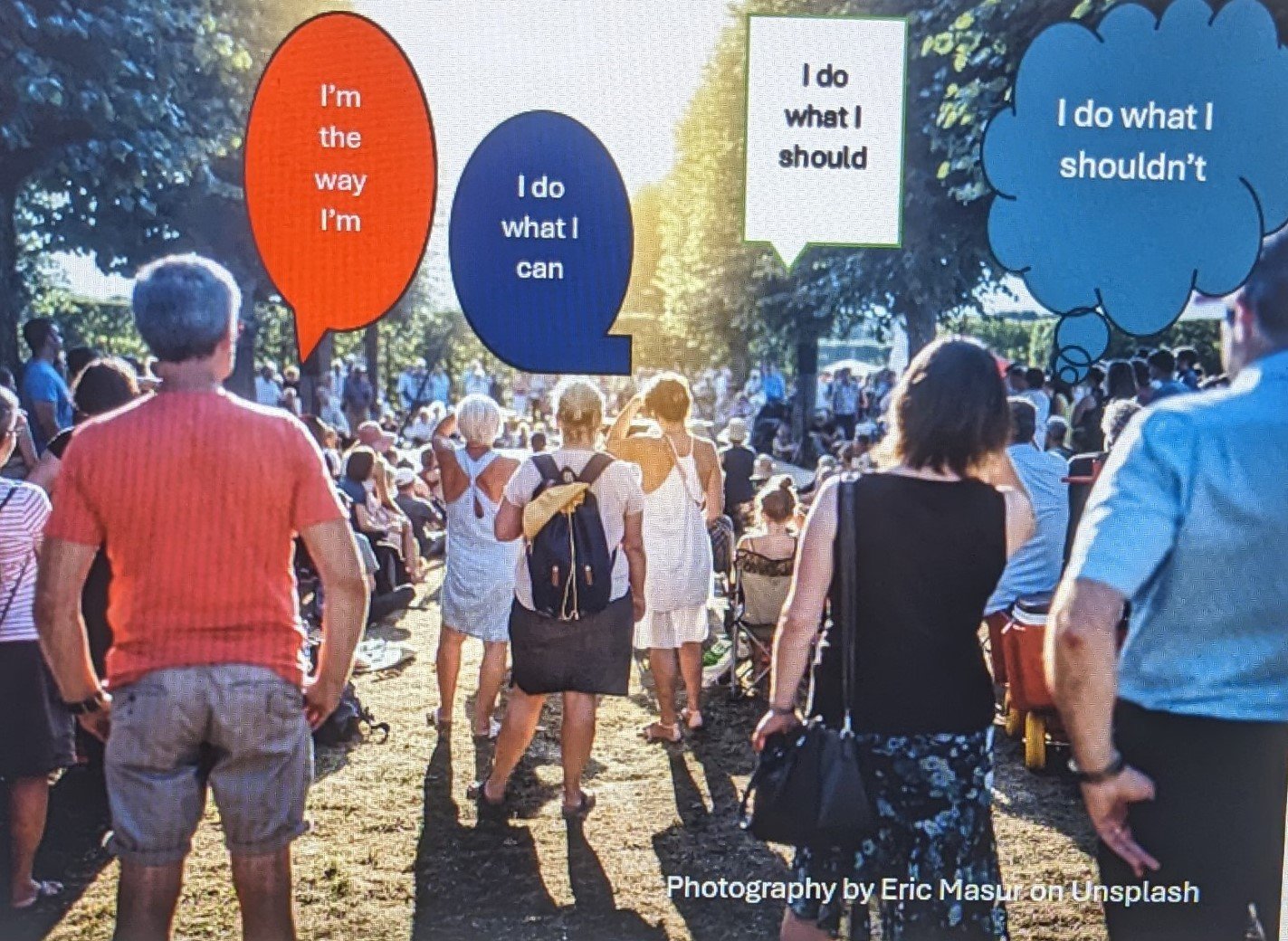
Conditions That Portray Us
1.- I am the way I am. (Each person is the way they are).
Accepting my neighbour as is, reflects the ideal society. We have been on the earth for thousands of years, and we still haven't learned to live in peace and harmony with each other. We must remember: "Love thy neighbour as thyself."

Girl From Venice
Have you seen the movie The Tourist, with Angelina Jolie and Johnny Depp? It all happened in Venice, Italy—the movie where Angelina plays the girl lover of a guy who stole money from a gangster.
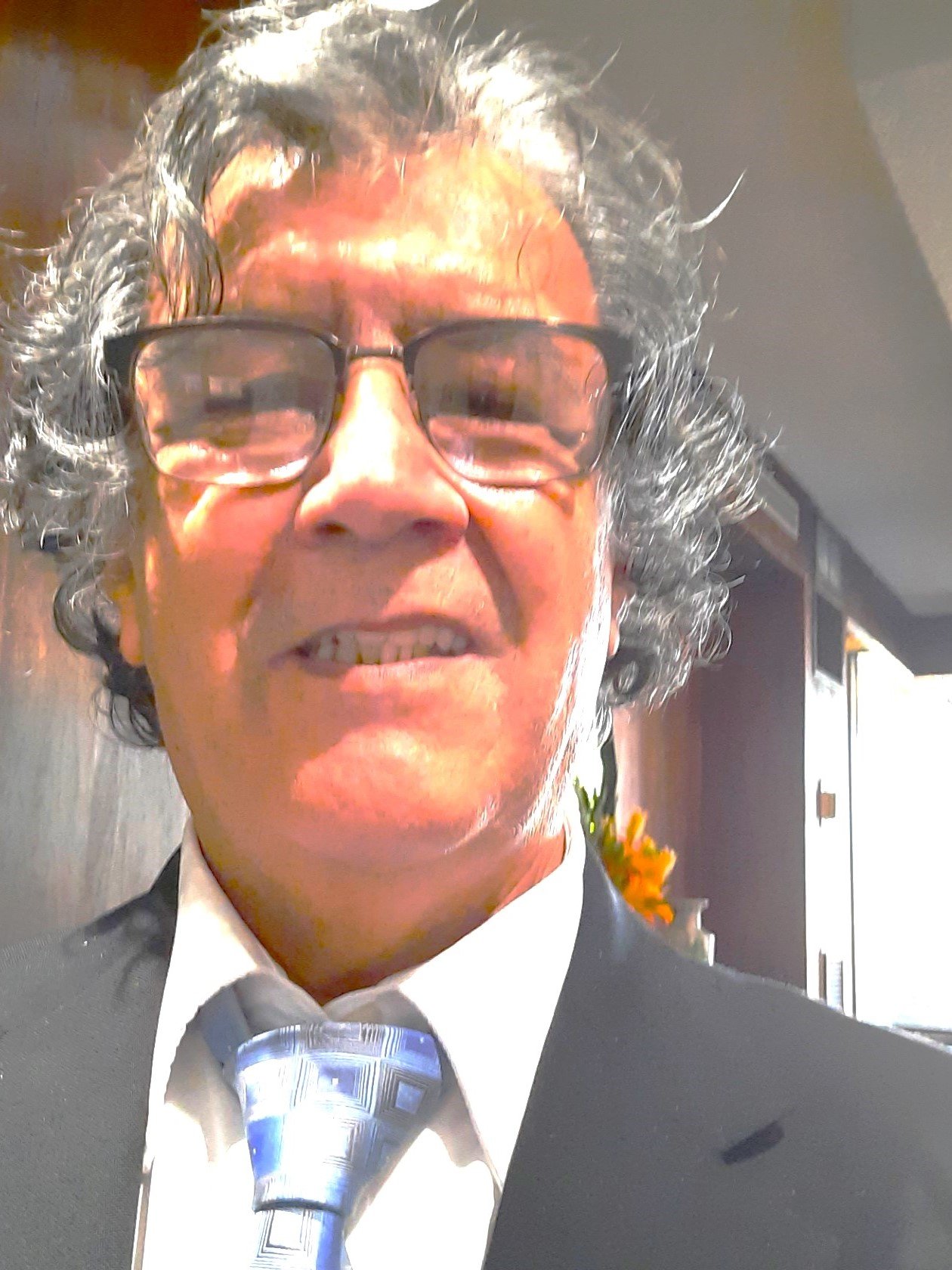
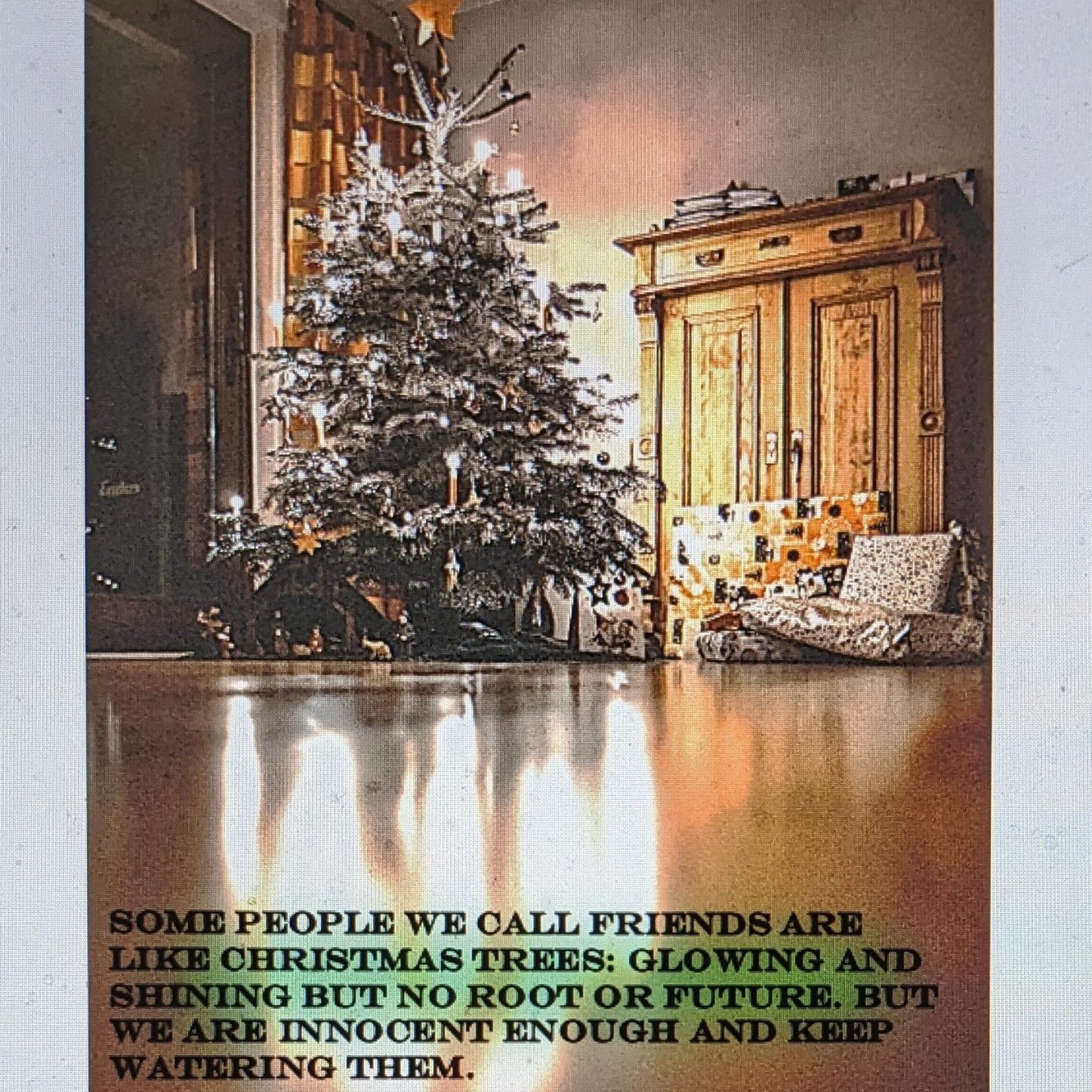
On Fake Friends
Some people we call friends are like Christmas trees: glowing and shining but with no roots or future. But we are innocent enough and keep watering them.
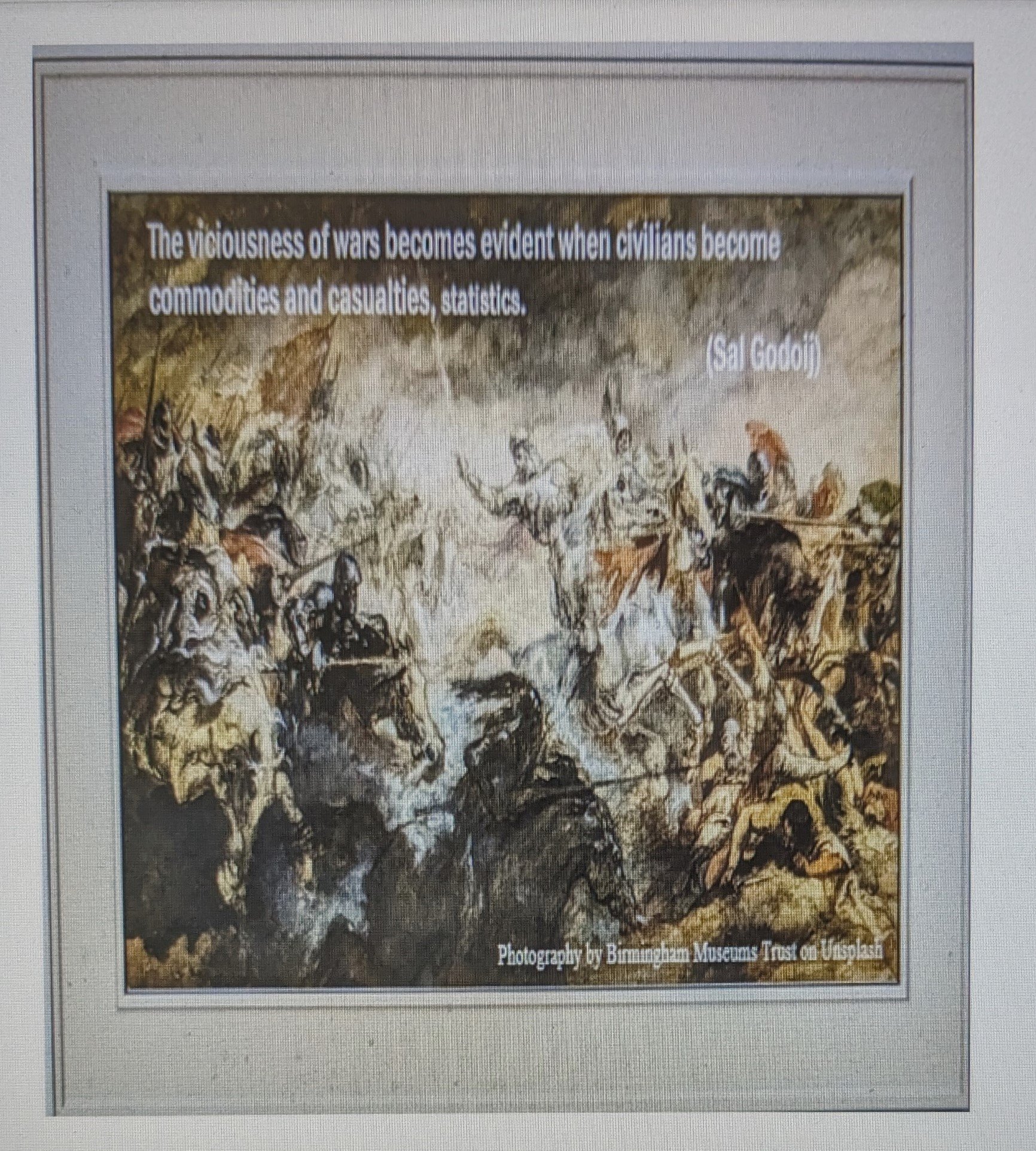
A Business of Politics
The viciousness of wars becomes evident when civilians become commodities and casualties, statistics.
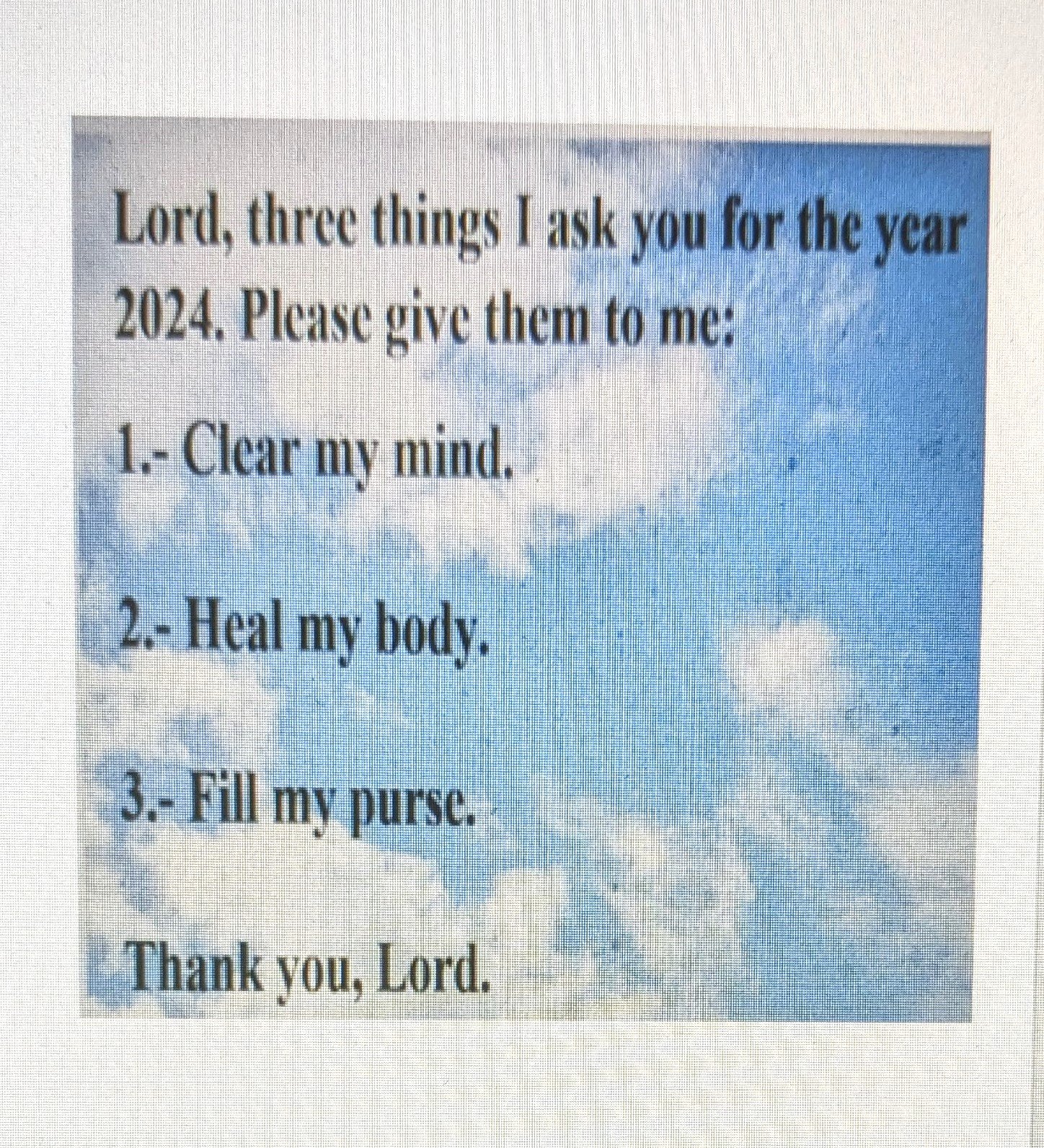
What would you ask God?
I know many people ask for world peace, and that’s great. Others ask for goodwill among others all over the world. In a more personal sphere, people will ask for love, health, money, food on the table, to become debt-free, to be safe, to find work, and access to more opportunities to grow.
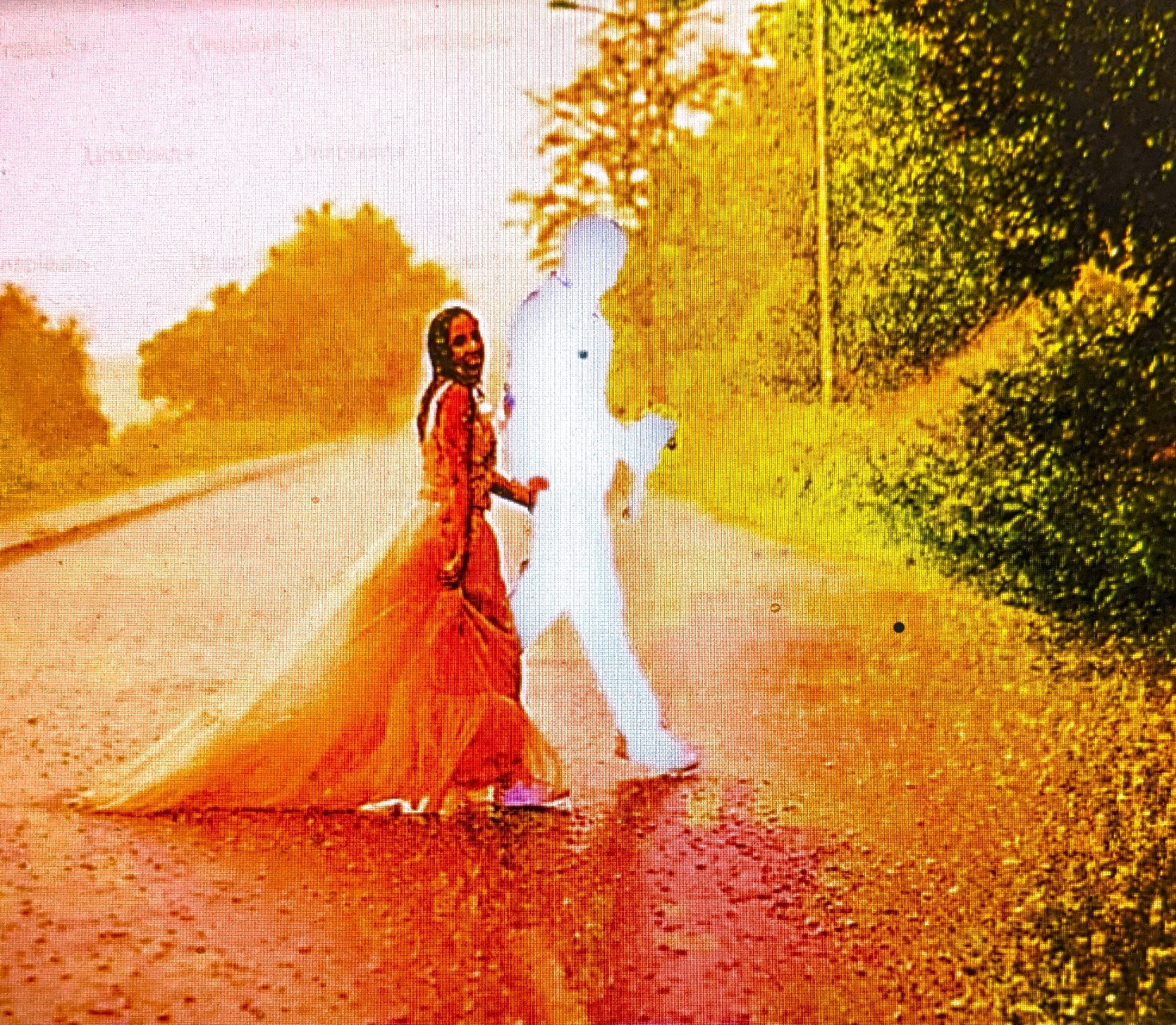
Truth or Imagination?
Hello, my dear colleague writers.
So, is it truth or imagination that moves you?
I faced this disjunctive when writing "The Shoplifter." Max, the main character, is forced to confront truth and imagination at some point in his life throughout the novel. Fiction writers deal with this conflict all the time.
But his dichotomy is also present in real life. Ah! We all, ordinary people throughout the times and cultures worldwide, have dealt, at least once, with either truth or imagination.

The Four Kinds of Writers
There are four kinds of writers: Good, Average, Inspired, and Bad.
Stories written by Good Writers come from within themselves. These stories hatch in their minds and evolve in their hearts, although, like rare pearls, they take time to cultivate. Like oysters create pearls by exuding mother-of-pearl layers to cover a grain of sand that has entered their bodies, Good Writers cover their vision with a patina of excellent description and grammar, thus producing a shining, well-rounded story.

Psalm of Renovation
Your Shadows Gone
Come Out to The Light
Shine!
You! The Suffering You!
Don’t Fear the Word
Your Chains Broken
Shine!

Searching Your Book Title
With so many millions of books published yearly, the search for the ideal title can be winding, narrow, exhausting, and stressful.
Been there, done that.
I learned a few lessons.
One is that, usually, the book title comes from what the book is about. True, but not always. Sometimes, the title has nothing to do with the story. "The Postman Always Rings Twice" is a good example.
Suppose your book is about one character, like Tom Sawyer, Barry Lyndon, Anna Karenina, Lolita, David Copperfield, or Tarzan. If this is your case, titling your book with your main character's name would be fine. The title, as the character's name, may become unforgettable. Cross your fingers.
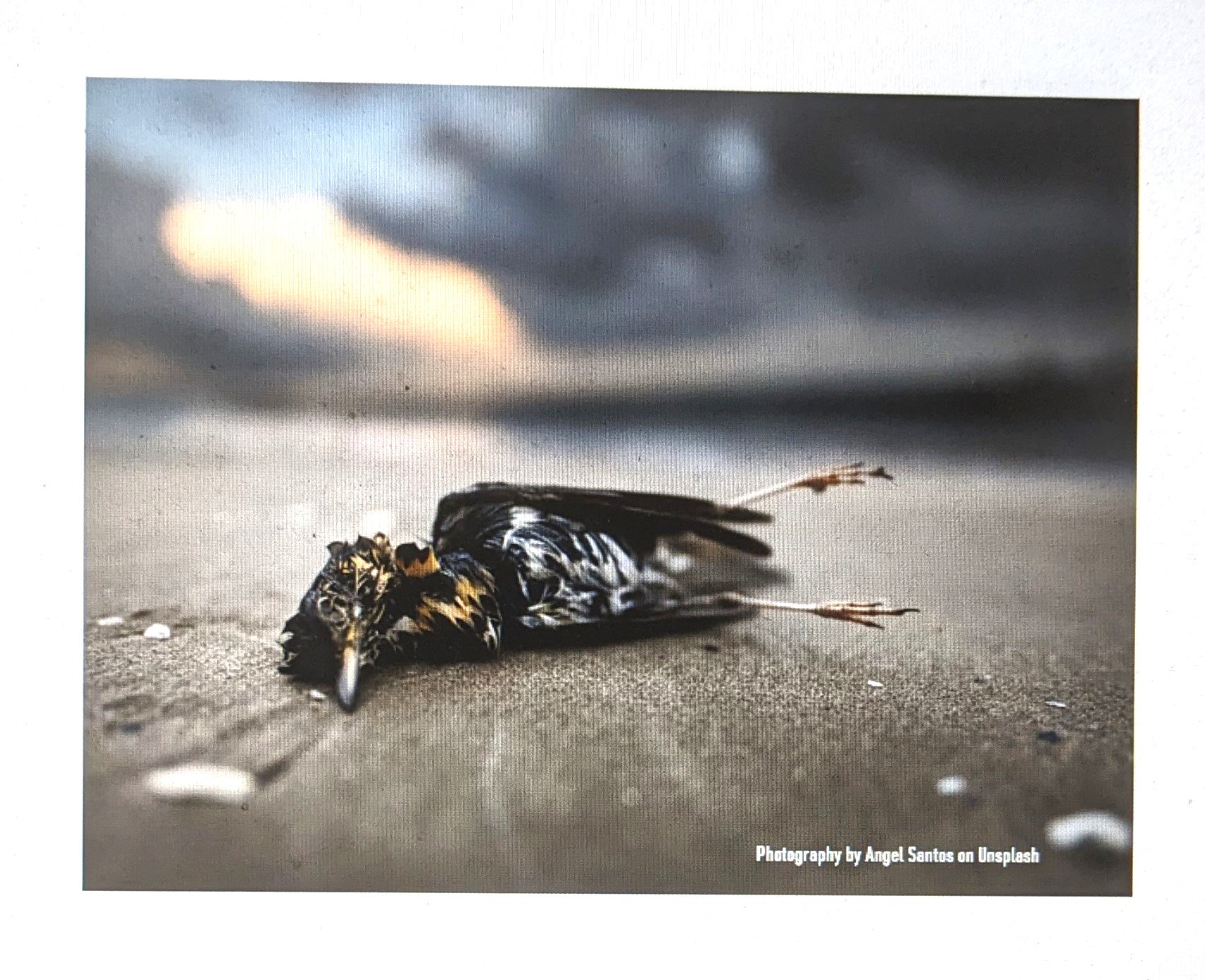
To Read a Book is a Right
To read a book is a right, not a privilege.
And so, what do you do with the books you don't want anymore?
If you have books you no longer read, the correct thing to do would be to leave the book in a visible place so others can see it and perhaps grab it and read it. Passers-by will peruse it, take it, or leave it there for the next person until that book finds a home.
You may know what to do, but let me remind you about other ideas.
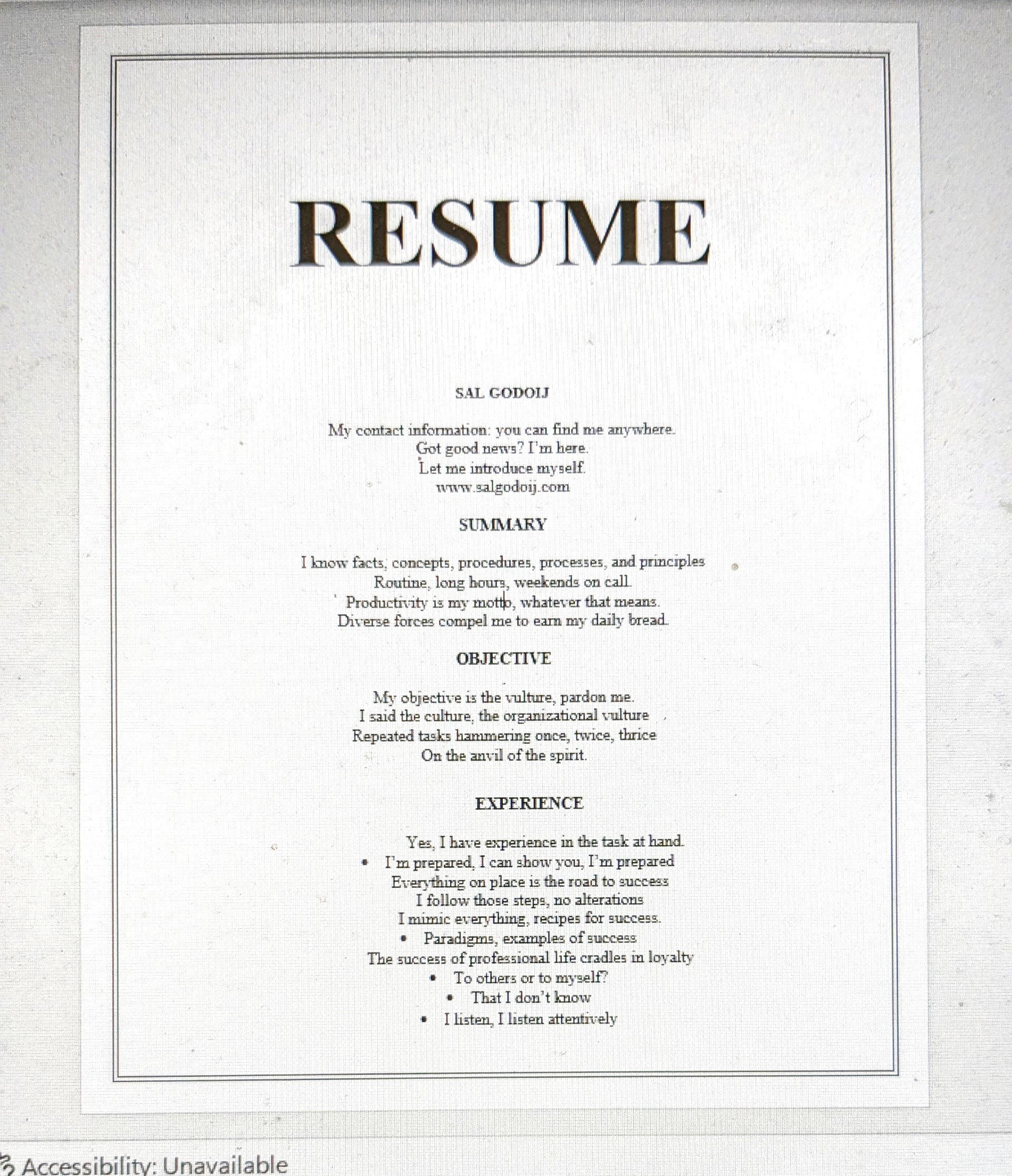
My Resume
My contact information
You can find me anywhere
Got good news? I’m here
Let me introduce myself
I know facts, concepts, procedures, processes, and principles
Routine, long hours, weekends on call
Productivity is my motto, whatever that means
Diverse forces compel me to earn my daily bread
And I cannot escape
My objective is the vulture; pardon me
I said the culture, the organizational vulture
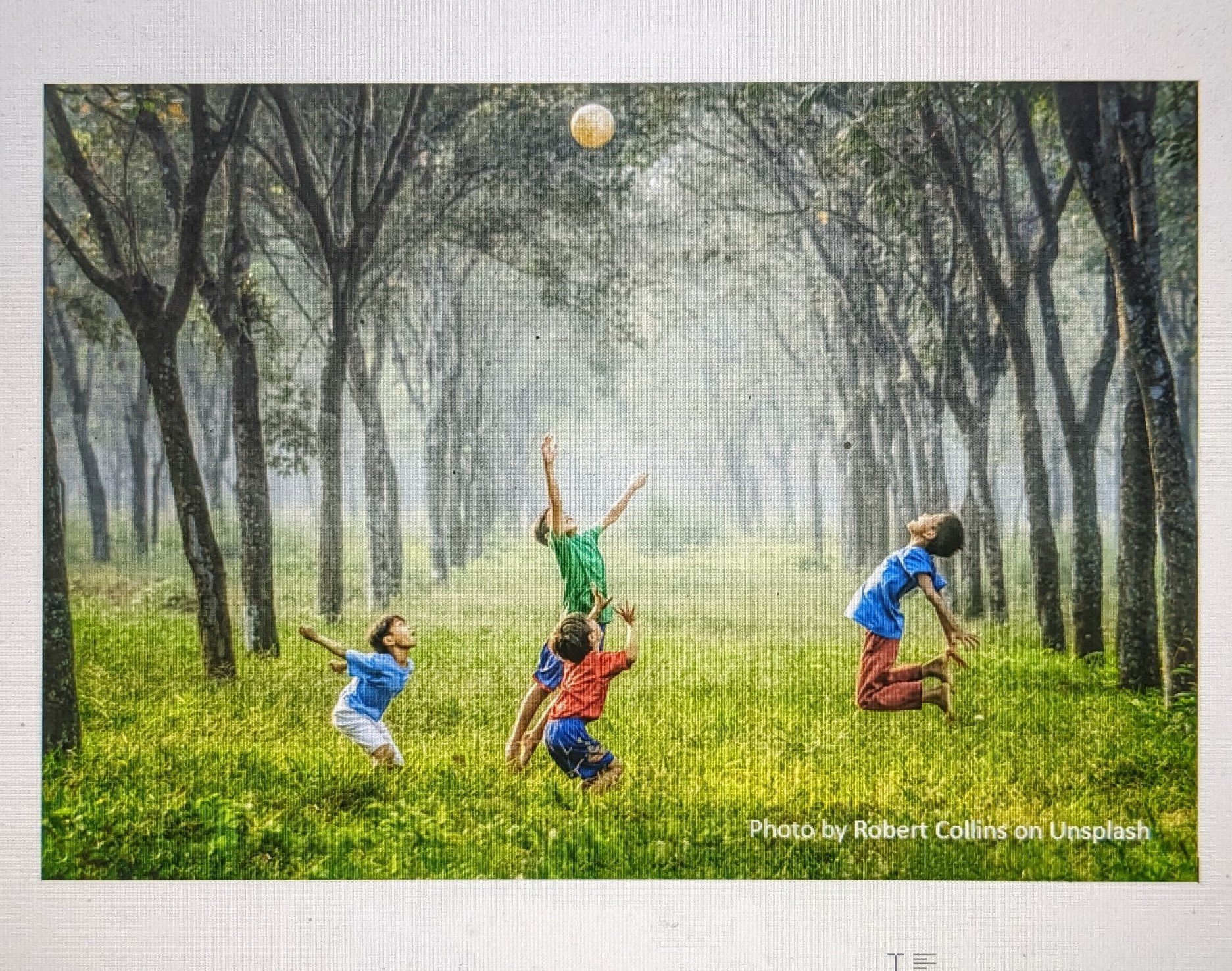
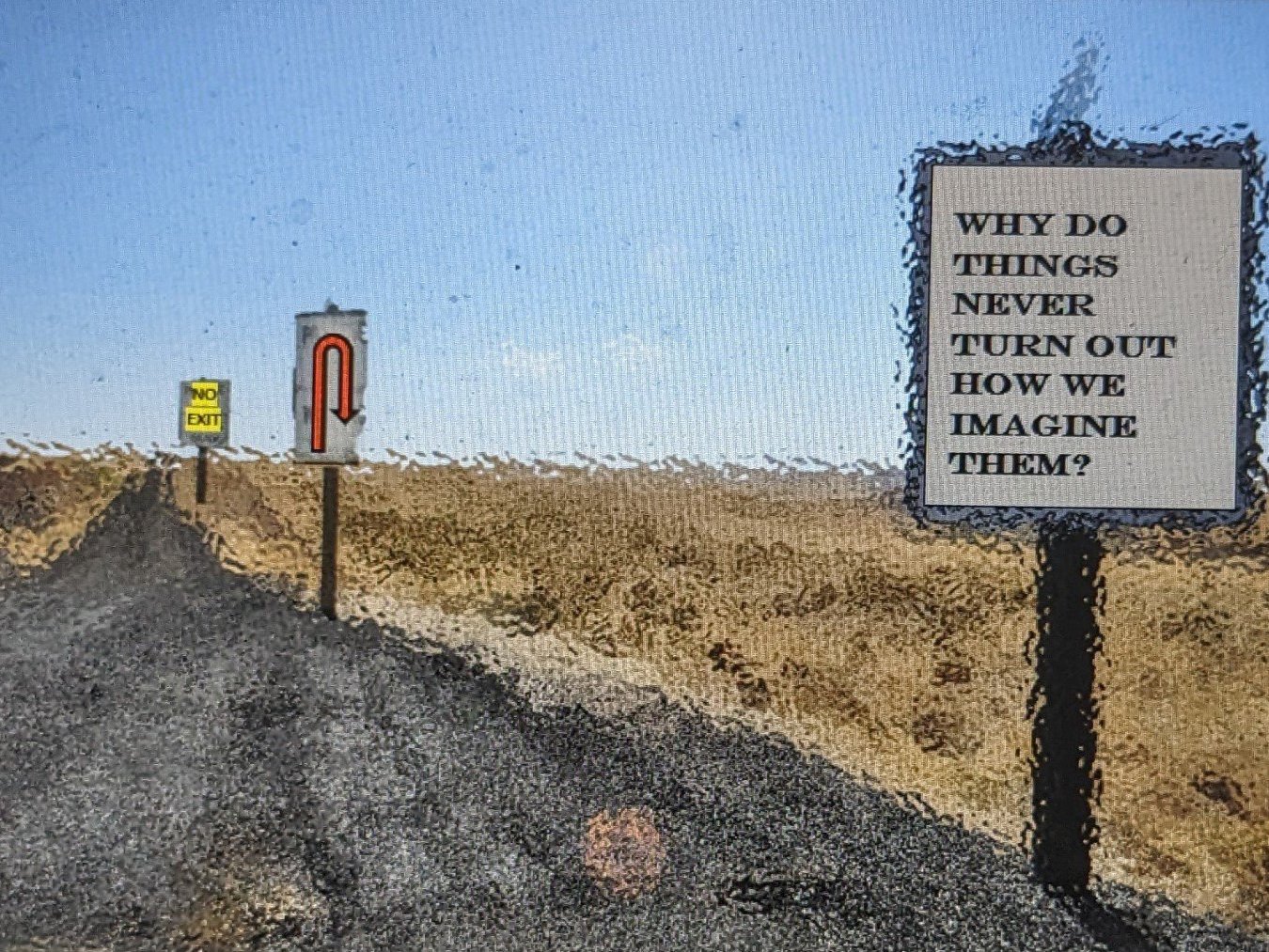
Why do things never turn out how we imagine them?
So, to begin with, let me share these words from F. Scott Fitzgerald referring to Gatsby: “… and his dream must have seemed so close that he could hardly fail to grasp it. He did not know that it was already behind him, somewhere back in that vast obscurity beyond the city, where the dark fields of the republic rolled on under the night.”
So, why do things never turn out how we imagine them?
I know many things depend only on us, how we face them, our plans, and our attitude, but sometimes, it’s not so.

On Peace and War
Peace shapes like a cry that clings to the throat
A cry in a mute mouth
A cry of anger, rebellious, alert
A mute scream
Escapes through the eyes
A cry in a silent mouth
Yet, if peace exists, war coexists
Latent, both vanish in distance and memory
The farther they are, the further they are
It’s not fair. We know it’s not fair
Peace becomes visible when war makes it invisible
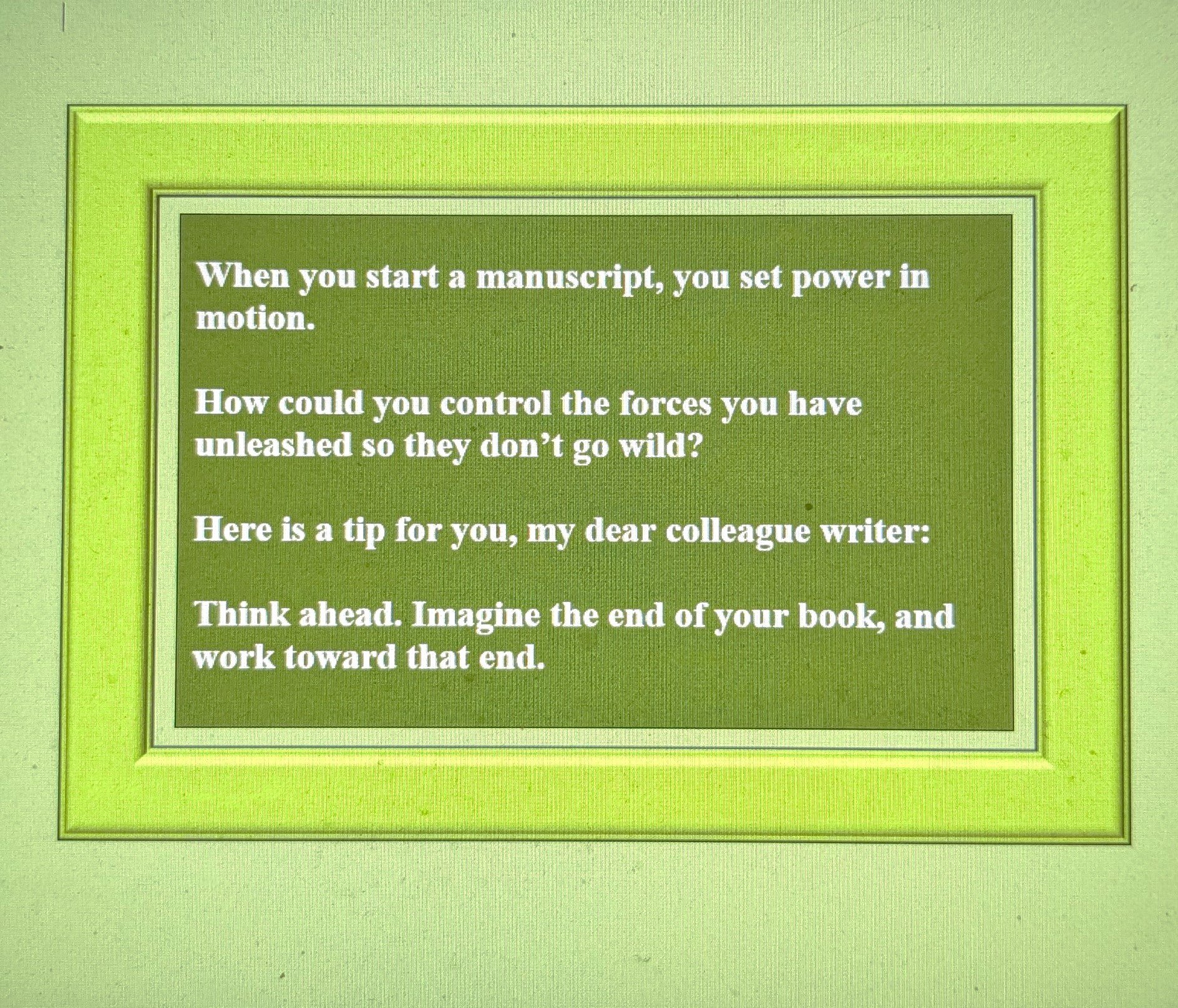
Write toward the end.
When you start a manuscript, you set power in motion.
How could you control the forces you have unleashed so they don’t go wild?
Here is a tip for you, my dear colleague writer:
Think ahead. Imagine the end of your book, and work toward that end.
